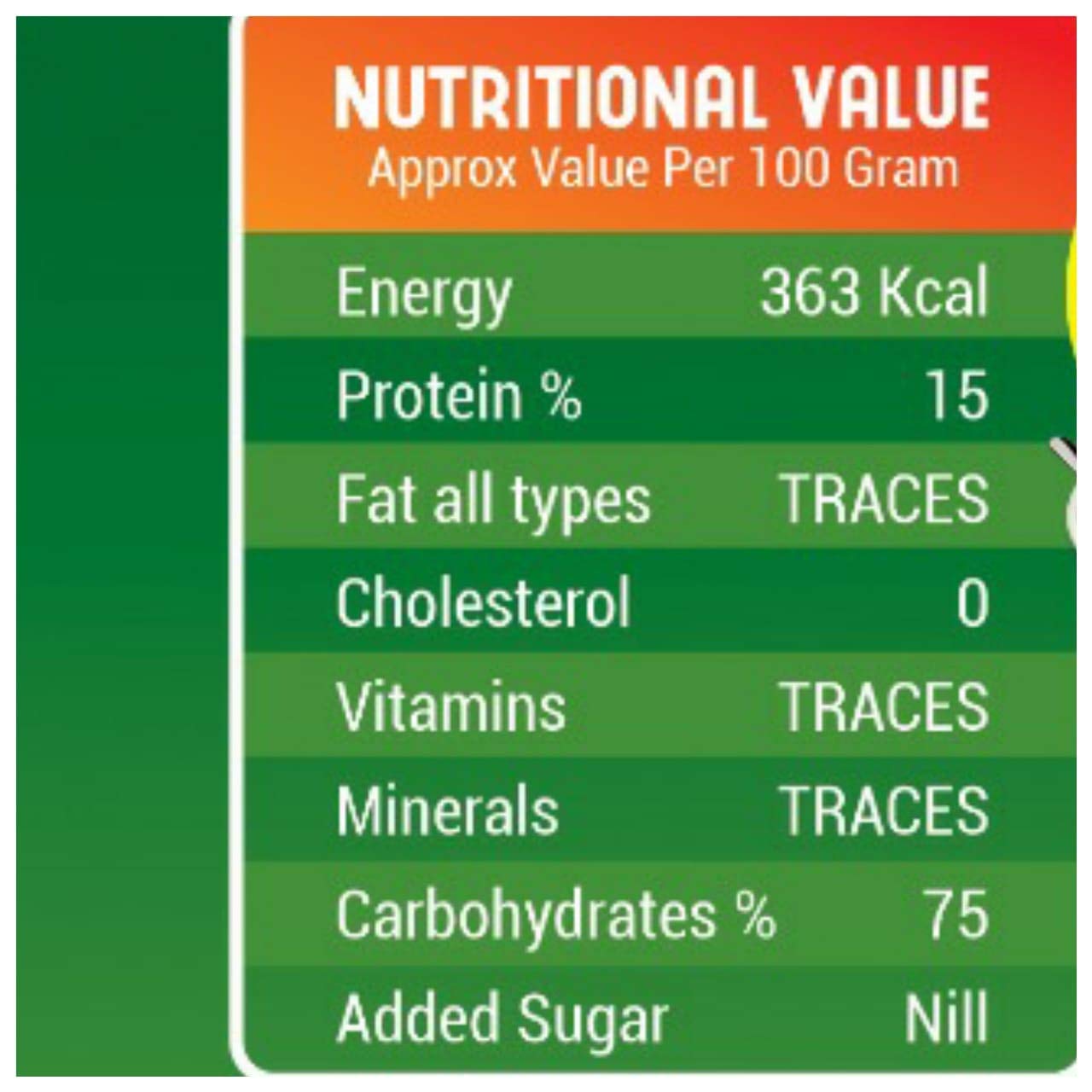Mineral
Micronutrient
Last update date: November 08, 2023
Minerals are the elements in foods that our bodies need to develop & function normally. Foods such as cereals, bread, meat, fish, fruits & vegetables have them in plenty.
Frequently Asked Questions
1.
What is Mineral?
Minerals are essential elements found in the earth and food that play crucial roles in the functioning of the heart and brain, hormone production, and enzyme synthesis. They are classified into two categories macro and trace, based on the amounts required by the body. Minerals like calcium, potassium, sodium, chloride, phosphorus, and magnesium, are needed in larger quantities and are called as macro minerals. Minerals such as iron, copper, fluoride, selenium, zinc, chromium, molybdenum, iodine, and manganese, are required in smaller amounts and are called trace minerals. While minerals are present in a variety of foods, certain foods serve as particularly rich sources of these vital nutrients.
2.
What is positive impact of Mineral?
Minerals have quite a few positive impacts on your overall well-being like: Enzyme production: helps in production of enzymes that aid in digestion, energy production, and metabolic processes. Nervous system support: They facilitate nerve transmissions, promoting efficient communication between cells. Muscular function: Minerals allow for muscle contractions, relaxation, and its smooth movement. Fluid balance regulation: They also help regulate fluid balance and prevent swelling. Blood pressure maintenance: Certain minerals contribute to maintaining normal blood pressure levels. Oxygen transport: Minerals play a role in carrying oxygen throughout the body. Bone strength: They help maintain normal bone density and promote teeth strength. Hormonal function: They support the proper functioning of the thyroid gland and hormonal balance.
3.
What is negative impact of Mineral?
While food sources of minerals are generally safe, excessive intake of minerals through supplements can have negative consequences. Taking high doses of supplements or combining them with prescribed medications may lead to side effects that can be harmful. You should not start with mineral supplements unless prescribed by a medical professional or your nutritionist.
4.
Who should avoid Mineral?
There is no specific subset of people who need to completely avoid minerals, as they are essential for overall health. However, individuals with specific medical conditions or those taking certain medications may need to monitor their mineral intake.
5.
What are common sources of Mineral?
You can obtain minerals from a variety of food sources. Here are some examples of common sources for each mineral: Magnesium: Avocado, bananas, nuts, and seeds - Magnesium is commonly found in nuts, seeds, avocados and bananas. - Sodium is found in salt, cottage cheese and olives. - Potassium is commonly found in orange, beans, peas, coffee, bananas, and sweet potatoes. - Calcium is commonly found in all dairy based products, almonds and legumes. - Phosphorus is found in meat, seafood, dairy and legumes. - Iron is commonly found in red meat, fish, dairy and seeds. - Zinc is found in mushrooms. broccoli, wheat, oats, rice and corn. - Iodine is commonly found in fish, dairy products, breads and shellfish. - Selenium is found in brazil nuts, poultry, eggs, oatmeal, milk and lentils. - Chloride is found in soy, seaweed, olives, celery and tomatoes - Copper is commonly found in spirulina, mushrooms, dark chocolates, and leafy greens. - Sulfur is commonly found in all protein rich foods.
6.
Which are symtoms of Mineral deficiency?
Insufficient intake of minerals can lead to various health problems and deficiencies. Here are some signs and symptoms that may indicate a deficiency of minerals: Muscle weakness: Inadequate mineral levels can weaken your muscles and reduce overall strength. Fatigue: Mineral deficiencies can cause fatigue and a lack of energy. Easy bruising: Can impair blood clotting and make you more prone to bruising. Poor immune function: Can weaken the immune system, making you more susceptible to infections and illnesses. Impaired fertility: Certain mineral deficiencies can impact fertility in both men and women. Weight gain: Mineral imbalances can affect metabolism and contribute to weight gain. Skin problems: Deficiencies in certain minerals can lead to skin issues like acne and other dermatological problems. Fluid retention and swelling: Inadequate mineral levels can also disrupt fluid balance in the body, causing fluid retention and swelling (edema). High blood pressure: Certain mineral deficiencies an contribute to elevated blood pressure levels. Poor-quality sleep: Mineral deficiencies may reduce sleep quality and contribute to sleep disturbances. Thinning hair: Insufficient minerals can affect hair health and lead to thinning or brittle hair. Irregular or heavy periods: Some mineral deficiencies can disrupt hormonal balance, leading to irregular or heavy menstrual periods.

















